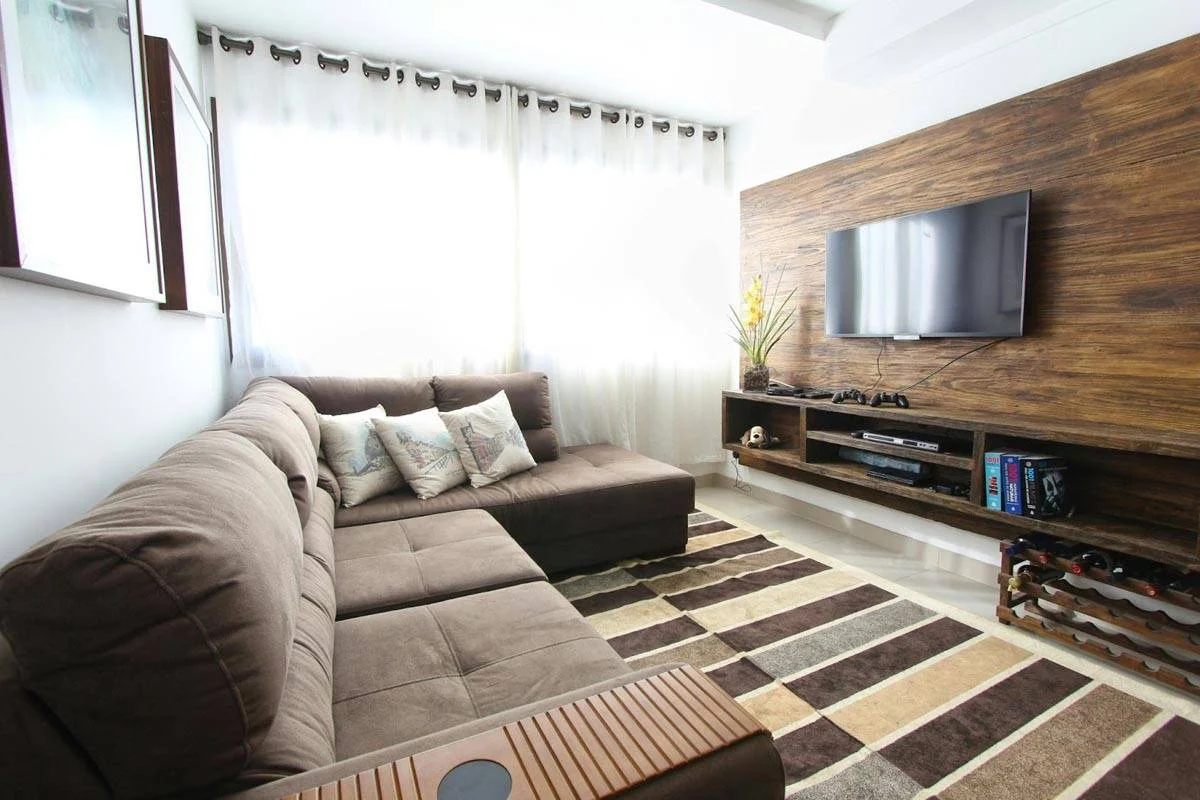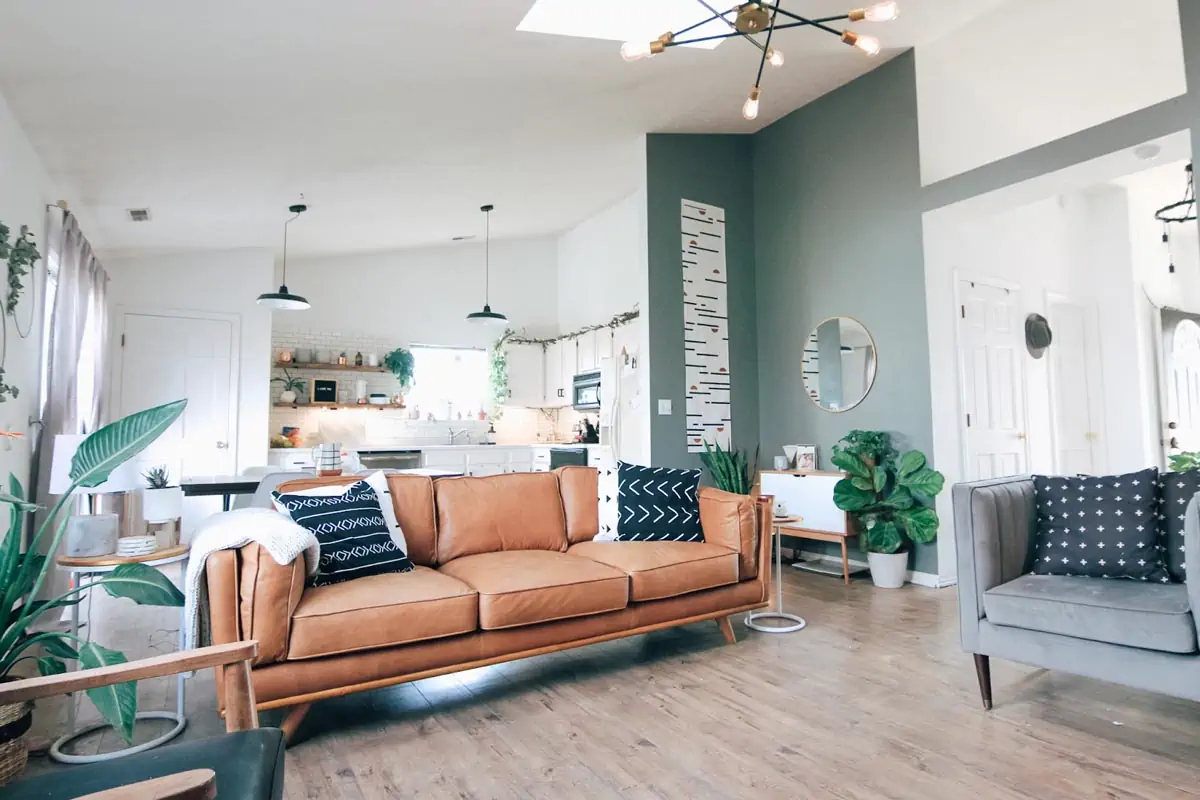Let’s not try to deny it. Size always matters, especially when it comes to finding the right commercial space for your growing business. As with every kind of investment, you want to make sure that the commercial space you're about to lease will provide the best possible conditions for you, your startup, and your target market. For a business to reach optimal success, it must be on point logistically. Everything from the location of your space, to its layout, the interiors, and its size, needs to be well thought-out and functional. That said, commercial condo leasing is a new and booming trend that can address all these concerns for any up-and-coming entrepreneur. With real estate in the Philippines expanding more every year, it only makes sense for young entrepreneurs to make condo investments not just for personal use, but also for more profitable purposes. But how exactly can you ensure that a particular condo space is the right one for you and your venture? There are indeed quite a few considerations to make. Read on to find out more about them.
Develop Spatial Keenness
Before anything else, you need to determine what your needs are as an up-and-coming business. Now that you have a brilliant, innovative, and exciting product to offer the market, the next step is to figure out is exactly how you can bring that product or service to your target audience as efficiently as possible. One of the most important standards in terms of determining the size of a work space involves counting the number of the employees involved with the business. For office spaces that don’t sell products or services on site (traditional office spaces, if you will), most sources will estimate anywhere between 100-300 square feet per employee, depending on the nature of their work. Thus, a small startup of five people could need as little as 500 square feet of very breathable space.

A good employee to office space ratio is 1 to 100 square feet. Photo courtesy of Startup Stock Photos via Pexels.
On the other hand, food and retail businesses will have very different specifications. For instance, Coffee Talk suggests that an effective start-up strategy for a cafe could need as little as 300 square feet, the necessity could escalate to 1,500-1,800 square feet depending on parking and drive-thru considerations. Long story short, you need to have a very good idea of the kind of structures, areas, and employee needs that your business will require to effectively evaluate the kind of space that will suit your venture best. Once you have this down, you can proceed with some basic calculations and layouting.
Bring Your Plans To The Drawing Board. Literally.
As operations technology expert James Bucki puts it, determining the right space for your business is not an exact science. There is not a single, universal equation to help you compute the number of square meters it will take to help your business succeed. However, a little bit of math can go a long way in terms of planning an initial layout for your business space and assessing your logistical needs. For instance, how much space should you logically devote to your personal office? If you are employing a secretary, how much space will he or she require for optimal work conditions? What about the receiving area? A store front? Common spaces? All of these and their corresponding sizes will depend on the kind of business that you want to run and the size of the workforce under your employment. Every business will require something different, but there are some convenient rules of thumb that you can follow in designing common features of an office or business space. Research always helps, so before finalizing that layout, look for the estimated standard and functional sizes for cubicles, offices, and whatever it is that you need to make room for in your commercial condo.
Aim For Optimized Logistics

Logistical and operational planning is essential to all businesses. Photo courtesy of Startup Stock Photos via Pexels.
Real estate is all about location. Your commercial condo leasing is no exception from this rule. You need to consider not only how close a certain space can bring you to your target market (especially if you’re in the retail business), but also how conveniently you can operate from the said space. Further, you need to be aware of the logistical allowances that your lease will allow you. Renting a personal condo and leasing a commercial space are two totally different things. Remember that while long-term leases will generally provide you with a lot of freedom in terms of changing, redesigning, and doing major construction on a condo space, short-term leases will have stricter provisions. If you’re looking at investing on a lot of fundamentally structural elements for your business (say you need to build a full kitchen or a mechanized production line), you might as well invest on a long-term lease that will allow you to benefit from your logistical investments for as long as possible. On the other hand, if you foresee a lot of growth in terms of the size of your workforce or your spatial needs, perhaps a short-term lease will provide you with the flexibility and mobility that you will need.
It’s Not About Size, But What You Do With It

An organized space, no matter how small, is a functional space. Photo courtesy of Stocpik via Pexels.
At the end of the day, it’s what you do with the space that really matters. As the previously mentioned sources stated, you can have as little as a couple of hundred feet to work with and proceed just as successfully as any other venture with larger spaces on their lease contracts. With a little bit of math and a lot of planning, you can make any space work efficiently for you instead of the other way around. If you’re still wondering if commercial condo leasing is for you, take a look around! So many small businesses have been brought to life by condo spaces that can house a business and bring the owners so much closer to residential, condo-renting millennials and families. One thing’s for sure: vertical real estate is every young entrepreneur’s friend; and the community is flexible and variable enough to accommodate business needs, big and small alike.









